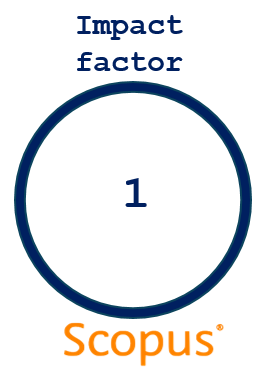ACTA Pharmaceutica Sciencia
2023 , Vol 61 , Num 1
Antibiotic therapy of adult inpatients with community-acquired pneumonia: a retrospective hospital-based study in Ukraine
1 Department of HealthCare Management, Pharmacotherapy and Clinical Pharmacy, Faculty of Pharmacy, Danylo Halytsky Lviv National Medical University, Lviv, UkraineDOI : 10.23893/1307-2080.APS6102 Viewed : 8128 - Downloaded : 2507 This study aimed to assess the antibiotic therapy of community-acquired pneumonia (CAP) in adults. A single-center, retrospective study was conducted in one of Lviv city hospitals, Ukraine. Adults with CAP (n=181) were enrolled. Fluoroquinolones (45.3%), cephalosporins (27.8%), and macrolides (16.1%) were the most common antibiotics. Antibiotic-associated drug-related problems (DRPs) were found in 87.3% (95%CI 81.5%:91.8%) of the participants. 4 items of antibiotic-associated DRPs were identified: potential drug-drug interactions (76.6%), inappropriate dosing (14.0%), inappropriate length of therapy (7.5%), and contraindicated usage (1.9%). Spiramycin, metronidazole, levofloxacin, azithromycin, and cefoperazone were associated with the highest risk of DRPs. Age of patients (p<0.001), number of antibiotics (p<0.001), length of antibiotic therapy (p=0.036), and the total number of antibiotic-associated DRPs (p=0.005) were defined as factors that statistically contribute to the patient"s health status on discharge. Antibiotics should be the drug class most commonly involved in the interventions to improve the safety and quality of CAP therapy. Keywords : Community-acquired infection, bacterial pneumonia, anti-bacterial agents, inappropriate prescribing, risk factors





